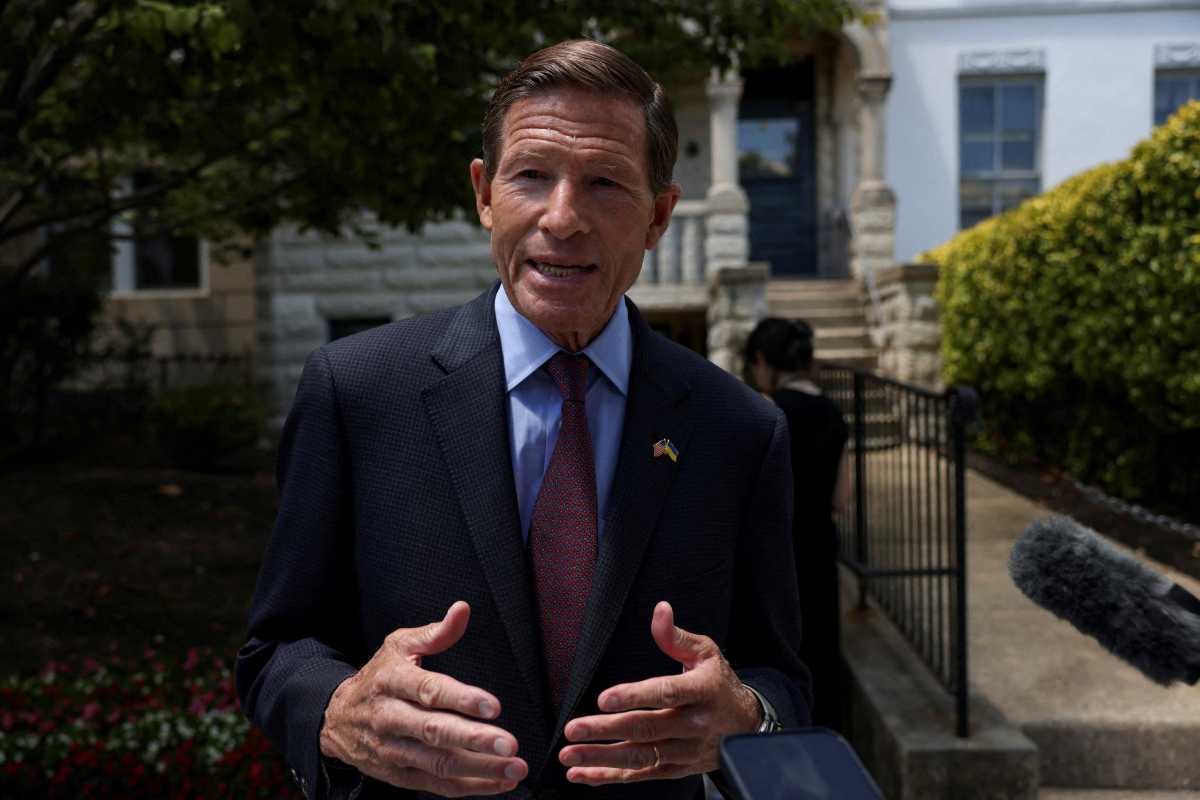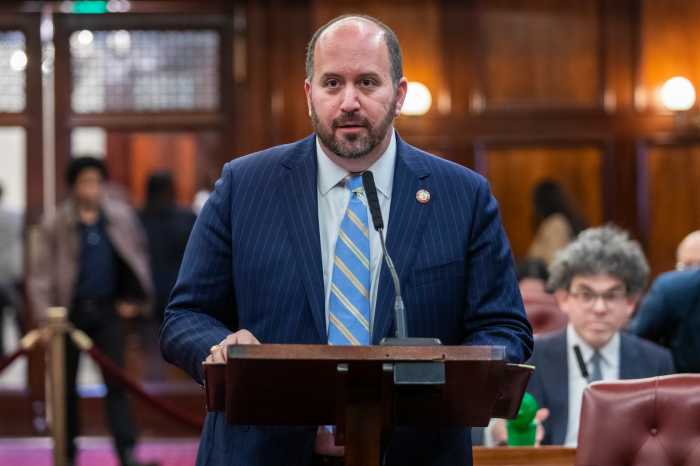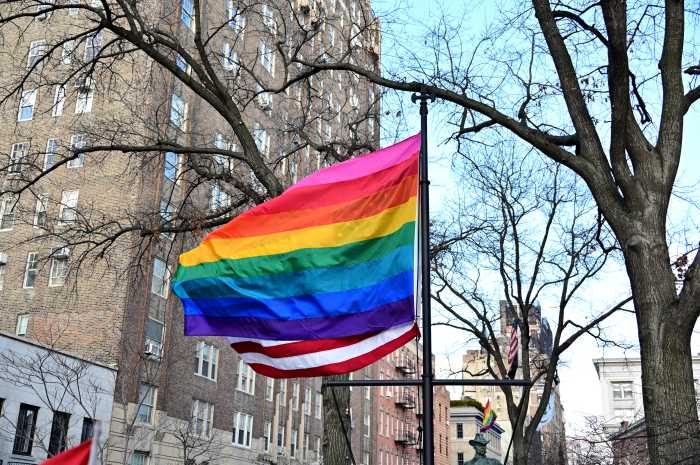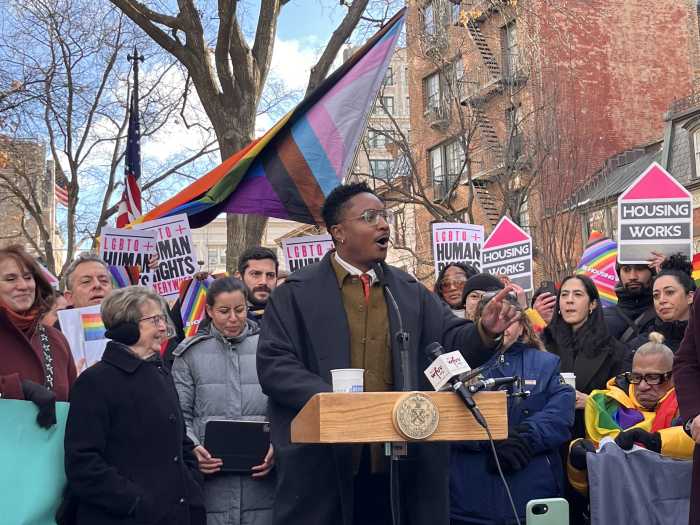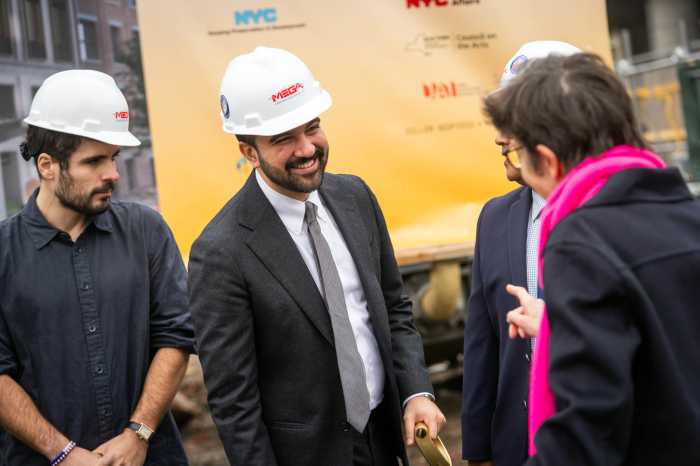Fears over First Amendment restrictions and threats to critical LGBTQ content online have prompted several New York-based queer organizations to join a cross-section of groups from around the country in an open letter this month asking Democratic congressional leaders to ditch their support for federal legislation that purports to protect children’s safety on the internet.
The letter comes after years of negotiations over the Kids Online Safety Act (KOSA), which has been branded as legislation protecting minors from harmful online content and has passed the US Senate and a House committee. But some groups have sounded the alarm due to multiple reasons, including vague legal language that advocates say could serve as a slippery slope leading to restrictions on queer content online under the guise of protecting children.
A particular sticking point is a provision that would establish a “duty of care” for online platforms. The “duty of care” element would carry legal weight for social media companies by requiring them to make efforts to prevent harm to minors.
The legislation initially drew even broader concern in the LGBTQ community when it first emerged roughly two years ago. A November 2022 open letter with more than 100 signatures — including GLAAD, Equality California, and more — warned Congress about the legislation’s “invasive filtering and monitoring tools,” “increased data collection on children and adults,” and “undermining the delivery of critical services to minors.”
The bipartisan legislation is carried in the upper chamber by Senators Marsha Blackburn of Tennessee, a Republican, and Richard Blumenthal of Connecticut, a Democrat.
The latest letter, addressed to Senate Majority Leader Chuck Schumer and House Minority Leader Hakeem Jeffries features signatures from the Dutchess County Pride Center, Equality New York, Harlem Pride, In Our Own Voices, and NYC LGBTQS Chamber of Commerce. Other organizations from around the country includes Equality Kansas, the Los Angeles LGBTQ Chamber of Commerce.
The American Civil Liberties Union insisted in September that the “duty of care” provision could be used to “stifle critical information about reproductive healthcare, sexual orientation, and gender identity.” The ACLU further argued that the “duty of care” provisions amount to a slippery slope because social media platforms would be held liable for content causing “serious bodily harm,” which the ACLU said “would likely be easily exploited to target content relevant to LGBTQ+ individuals and those seeking gender-affirming care.”
More legal warnings about “duty of care” were mentioned in the letter penned by LGBTQ organizations. In the wake of the Supreme Court’s Dobbs decision on abortion, State Legislatures in certain parts of the country have moved to curtail access to information pertaining to reproductive care, sexual health information, and more, the letter warned.
“We are concerned that the ‘duty of care’ would incentivize platforms to remove LGBTQ+ content to avoid legal penalties,” the organizations wrote in their joint letter. “The bill’s duty of care provision would give the FTC power to bring cases against companies that feature information about sexual orientation and gender identity, arguing that it is harmful to children.”
Among other reservations, the letter expressed that the policy could lead to the blocking of content relevant to the history of marginalized groups, such as slavery. “We believe it is important for children and teens to learn about the complexity of our history. Instead, KOSA would require platforms to take steps to prevent and mitigate any kind of anxiety, which an FTC could certainly exploit to censor a whole range of content. We all want the internet to be a safe environment for our youth. We urge you to ensure that attempts to create safer spaces for young people do not work against everyone’s access to valuable information.”
Another area of discomfort has been the involvement of X owner Elon Musk, who has repeatedly spewed anti-trans rhetoric and is now a key fixture in President-Elect Trump’s inner circle. X CEO Linda Yaccarino said Musk worked with lawmakers to shape the legislation.
In October, Equality New York’s executive director, Amanda Babine, and Equality New York’s policy and law counsel, Jared Trujillo, penned an op-ed in Gay City News, wrote that “Congress must reject KOSA and instead prioritize a comprehensive national data privacy law,” arguing that “free speech, especially for the most marginalized among us, cannot survive in a climate of fear and censorship.”

